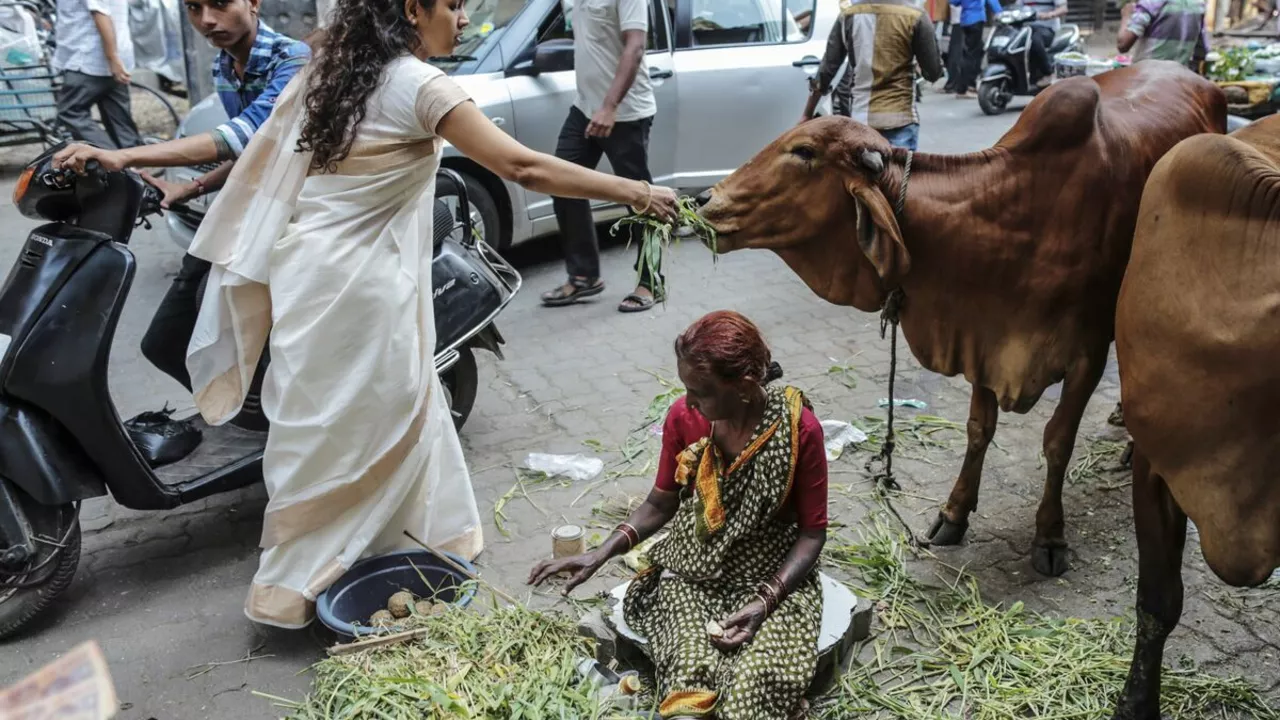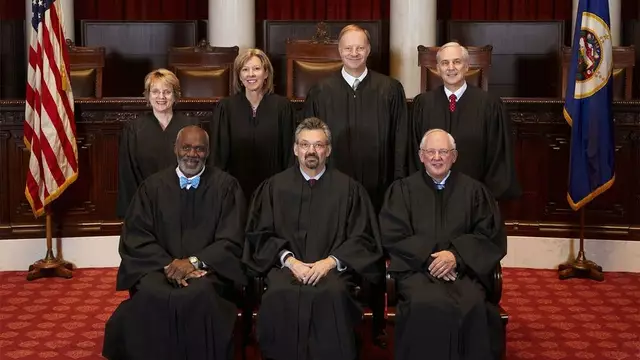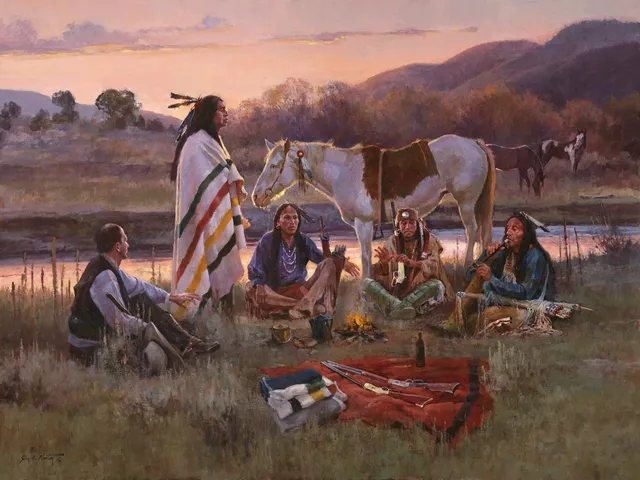Cultural Beliefs: How They Shape Everyday Life in India
A cup of chai, a prayer at dawn, or the way someone greets you — these small actions often come from deep cultural beliefs. If you want to understand why people act the way they do in India, look at habits around food, family, faith, and local pride. Knowing a few patterns saves awkward moments and helps you connect faster.
Food and daily habits: where beliefs meet taste
Food is a quick window into cultural beliefs. Many Indians prefer vegetarian options because of religion or family tradition. Offering a plant-based dish like paneer or a simple poha for breakfast shows you get it. If you invite Indian friends, ask about preferences—some avoid beef, others keep halal, and many appreciate homemade sweets like gulab jamun as a sign of warmth.
Quick meals matter too. Busy mornings lead to 15-minute breakfasts like upma, poha, or a stuffed paratha. Knowing these options helps if you’re cooking for someone or staying with a family. Also notice regional pride: people from Uttar Pradesh might talk proudly about Kathak or local dishes, while South Indians mention dosa or sambar with equal passion. Recognize that pride; it’s part of identity.
Social rules, alcohol, and migration
Not all habits are about food. Drinking patterns, for example, reflect beliefs and economics. Beer isn’t as common in many parts of India compared with Europe—religion, taxes, and local tastes push people toward spirits or avoid alcohol entirely. If you’re offered a drink, accept politely or decline with a simple explanation—most hosts will understand.
Cultural beliefs also shape big life choices. Indians living abroad weigh family ties, career chances, and cultural comfort when thinking about returning. Some miss festivals and food; others have built a new life overseas. If you ask someone about moving back, expect a nuanced answer—it's rarely a simple yes or no.
Here are practical tips to act respectfully: when visiting a home, remove shoes if hosts do; accept food graciously and ask about dietary needs beforehand; don’t assume everyone celebrates the same festivals; and avoid pushing political views tied to identity. Little gestures—offering to help with a meal, learning a local greeting, or listening to someone’s pride in their region—mean a lot.
Cultural beliefs are not rules etched in stone. People vary widely by religion, region, and personal choice. Still, paying attention to food preferences, local pride, and social norms gives you fast, useful clues. Treat beliefs as tools to understand others, not boxes to put them in. That way, conversations become easier and connections last longer.

Oh boy, folks, you wouldn't believe the things I learn while blogging. Today's topic: what if I smacked a cow while in India? I can already hear the collective gasp, but let's dive into this fascinating world of cow reverence! So, if I thumped Bessie on an Indian street, I'd probably face an angry mob quicker than you can say "Holy Cow!" It seems the cows in India are treated better than some humans, and if I took a swing, I'd be the one on the receiving end! So, friendly advice, let's keep our hands to ourselves and the cows at peace.
Continue Reading





